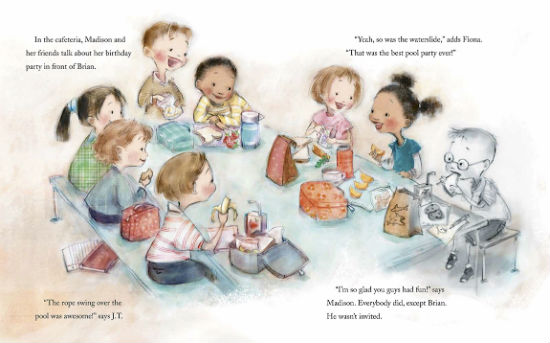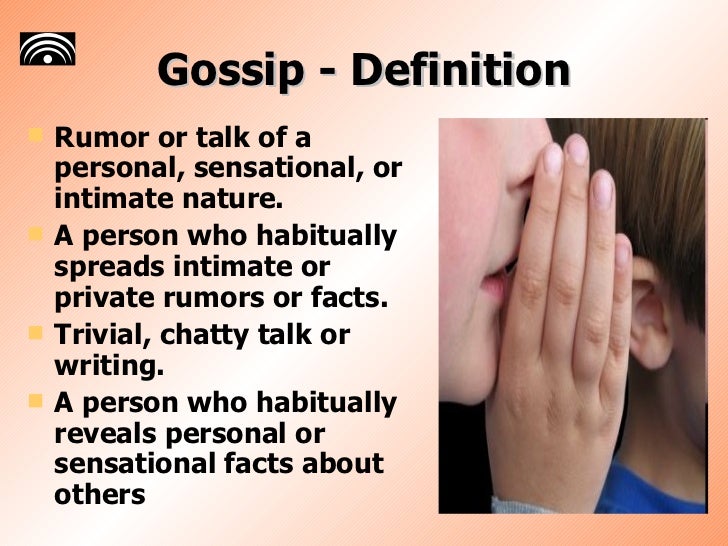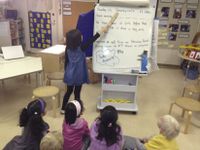 Trudy Ludwig is one of my favorite authors for social-emotional learning, and I use several of her books across grade levels. She recently wrote an article for The Huffington Post, detailing her latest book, which I am using in grade 2 this month. She says it best, so I've excerpted her article below!
Trudy Ludwig is one of my favorite authors for social-emotional learning, and I use several of her books across grade levels. She recently wrote an article for The Huffington Post, detailing her latest book, which I am using in grade 2 this month. She says it best, so I've excerpted her article below!
"Social exclusion is a topic that I've personally thought a lot about and researched before writing the children's book, The Invisible Boy. It's a fact of life we're not all going to be on the "A" list. Some of us will be more popular and have more friends than others. But what concerns me is how hurtful social ostracism can be for young children: not playing with certain kids because someone labels them as having cooties; kids laughing or making fun of others for being weird or different; shy, quiet, or sensitive children who, for whatever reason, have been overlooked or cast aside by peers and adults in their world.
The reality is that we're not going to get rid of all the hurt in our children's social world. What we can do, however, is focus on raising more emotionally resilient kids to help them get through the hurt -- with their dignity, safety, and well-being intact. We can also teach empathy and compassion to our kids. Let them know that they have the power to be a real superhero to others in small, safe, and easy ways by getting them to reach out to others, making them feel valued and appreciated. The bottom line here is that while we all may not be "Best Friends Forever" or even friends at best, we still need to treat one another with civility and respect.
Here are some additional ways we parents can support our kids and help them to connect with their peers in helpful, rather than hurtful, ways:
• Be a good friendship role model yourself.
• Teach your child how to make friends and manage conflict in non-aggressive ways. For further assistance, ask your pediatric office, local library, or bookstore for recommended parenting resources.
• Help your child put rejection in perspective by sharing personal examples from your life. You can also use children's stories (i.e., The Invisible Boy) to generate thoughtful discussions about this issue with your child in a safe social setting.
• If your child needs help with a particular friendship issue, describe a behavior you respect and help him/her come up with a plan to address that issue in a positive, respectful way.
• Focus on the quality, rather than the quantity, of your child's friendships. Researchers report it takes one good friend to get a child through tough social times.
• Foster friendships outside of school by encouraging your child to meet other children who share similar extracurricular interests and activities.
• If your child suffers from deep-seated or chronic social rejection, seek professional help.















